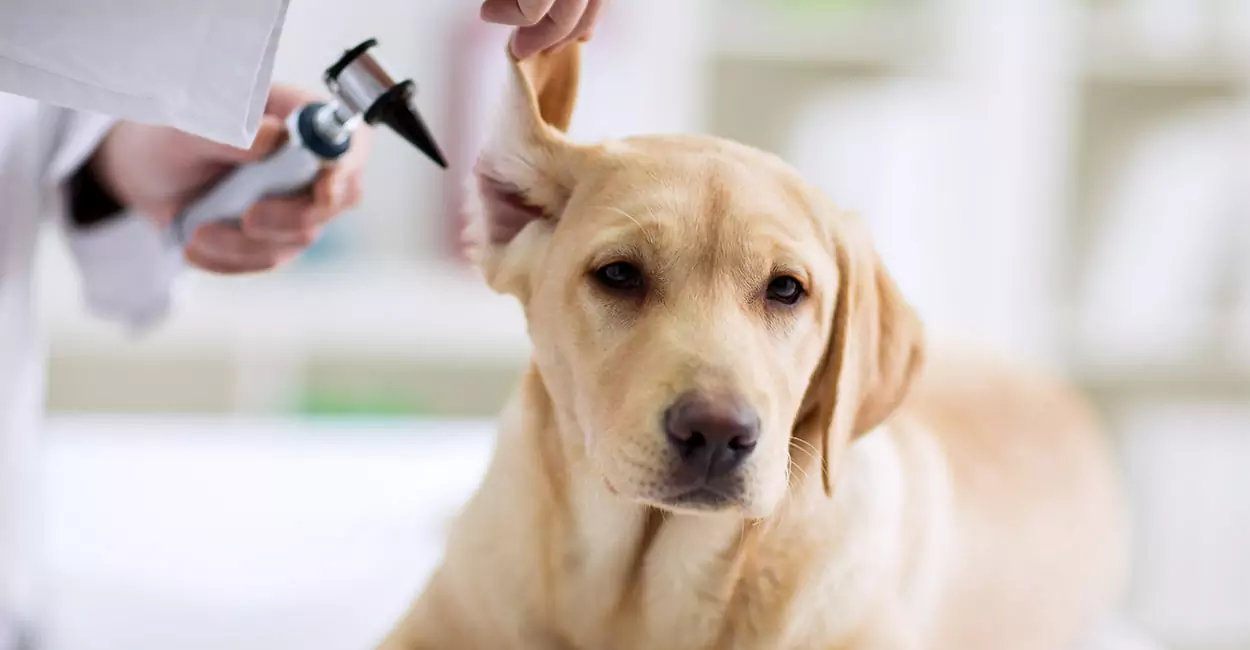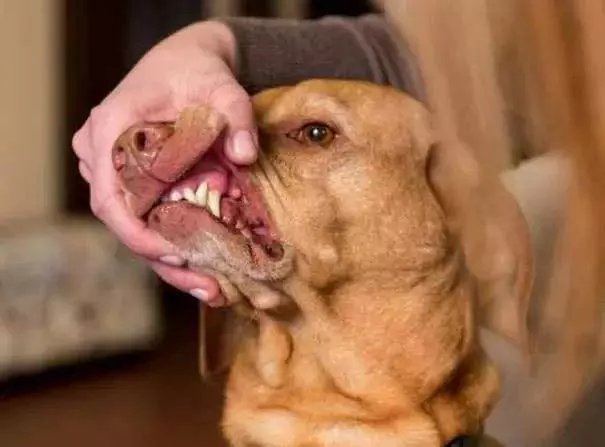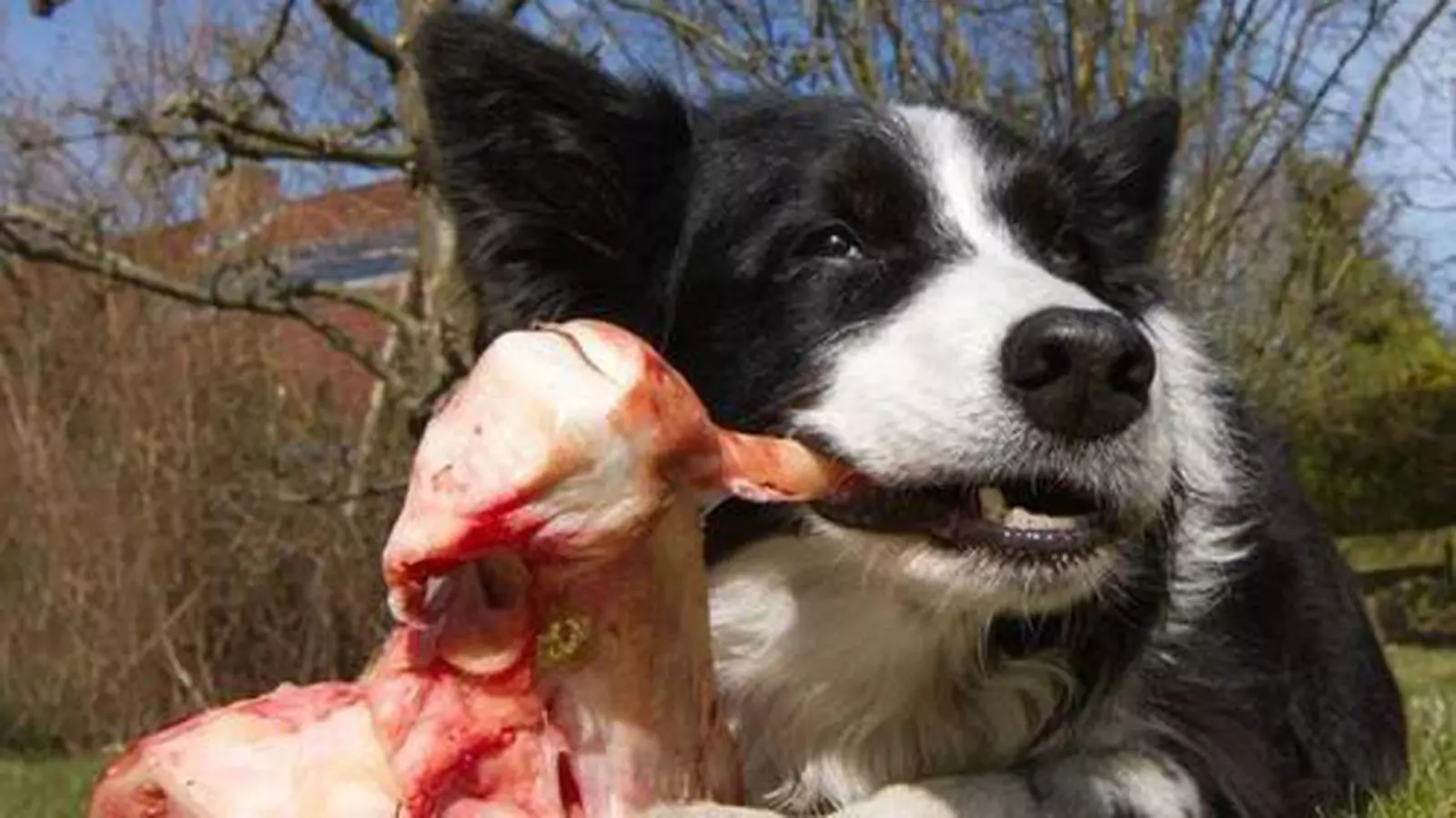Why does my dog keep shaking his head? Possible causes of head shaking in dogs?
2022-07-08
If your dog is shaking his head a lot, it could point to an underlying health problem. While head shaking in dogs can be a common behavior, it shouldn't happen often enough to cause concern. If you notice that your dog is shaking his head more than normal, there may be an underlying cause for his behavior. The following is an introductory guide that will inform you of why your dog shakes his head, possible reasons for excessive head shaking, and how to make sure your dog gets the attention and treatment he needs.
I. Why dogs shake their heads
Before delving into what causes your dog to shake his head, it's important to understand why your pet is demonstrating this behavior in the first place. Because dogs don't have hands as humans do, they have made adjustments to address the problem in their ears.
One of the most common methods dogs use is head shaking, which allows them to quickly get rid of anything that may have gotten stuck or snagged inside. As a dog owner, head shaking is probably most commonly associated with a dog losing water. When dogs shake their heads back and forth, they apply impressive force to their ears, helping to remove any unwanted debris or water.
When dogs are irritated or itchy inside their ears, their natural response is to shake their head violently to alleviate the discomfort they feel. While this may be effective in some cases, for example, if they have water or bugs in their ears, it may not be enough to help alleviate other potential causes of irritation and itchiness. If the head continues to vibrate, it is an indication that the dog is experiencing ongoing discomfort and irritation that requires human intervention. A good rule of thumb is that if your dog is shaking his head more frequently over a day or longer, then a visit to a licensed veterinarian may be warranted.
II. Possible causes of head shaking in dogs
If you notice that your dog is shaking his head more than normal, several different reasons could be the culprit. By having basic information about some of the most common sources of head shaking, you can observe your dog's behavior and better understand what may be triggering his behavior. Here are a few common causes of head shaking in dogs
Ear infections (bacterial and yeast infections)
One of the most common causes of excessive head wobble is canine ear infections. Dogs can contract bacterial and yeast ear infections. Just like in humans, ear infections in dogs can be painful and uncomfortable. They often cause ear inflammation and itching and, in some cases, ear discharge. All of these factors make a dog want to shake his head to alleviate the discomfort he is feeling. But how do you know if your dog has a bacterial or yeast ear infection?
In some cases, it can be difficult to tell if an ear infection is presently based on where the infection occurs. As an owner, it can be difficult to notice an ear infection deep in the ear canal, but when the infection is more external, there are obvious symptoms. Symptoms on the watch include redness, swelling, and/or discharge from the ear. All of these indicate the presence of an infection that requires treatment.
In some dogs, these symptoms may also be present if an ear mite infection is present, which also requires veterinary intervention and treatment. If you suspect that your dog may have a yeast or bacterial ear infection, they need to see a licensed veterinarian immediately for a physical examination. Your veterinarian will be able to determine the correct treatment plan needed to resolve the problem.
Allergies
If your dog is shaking his head excessively, another potential culprit is canine allergies. Many dogs suffer from allergies, either to certain foods or elements in their environment. Just like humans, dogs can be allergic to anything they encounter or ingest, such as grains, poultry, grasses, ingredients in shampoos, pollen, mold spores, dust, and more. When dogs suffer from allergies, they can exhibit symptoms including head bobbing, chewing on their feet, rubbing their faces, scratching their ears, itchy dog skin, loss of dog hair, and frequent ear and skin infections.
Just as identifying food or environmental allergies can be difficult for humans, it can be a similar challenge for dogs. For food allergies in dogs, some veterinarians may recommend placing the pet on an extremely restricted diet that contains only a small amount of ingredients to determine if symptoms are reduced. If they do, then food allergies may be the culprit. If an environmental allergy is suspected, some veterinarians will use blood testing or intradermal skin testing to determine what the potential allergen may be so that it can be removed from the dog's environment.
This process may take time and repeated trials to be effective, but once the allergen is isolated, the symptoms will disappear completely over time. In some cases, the veterinarian may recommend allergy medication, depending on the underlying allergen. To determine the correct allergen, it is important to work with a licensed veterinarian so that your dog is comfortable as soon as possible.
Water trapped in the ears
While many puppies like to get wet during bathing or swimming, this can sometimes result in water getting trapped in their ears, just as it does in humans. If a dog has water in his ears, he will often shake his head vigorously in an attempt to get rid of the trapped water. This can sometimes be prevented by taking extra care during bathing, but in some cases, the only way to avoid this risk is to prevent your dog from swimming. However, if this is the underlying cause of persistent head shaking, there is usually a simple solution. Consult your veterinarian to determine the correct product to use in your dog's infected ear to dry out any water that may be trapped. Once the water has evaporated, your dog's discomfort should subside.

A foreign body trapped in the ear
Another potential culprit for excessive head shaking can come from a foreign body trapped in your dog's ear. A common foreign object that tends to get trapped in a dog's ear is a dog's tail. These pesky weeds can be very uncomfortable and painful if a person gets into a dog's ear. If you think your dog may be experiencing this problem, place a flashlight inside to get a better look. If the object is still visible, you can carefully remove it, but if it has penetrated deep into the ear, veterinary intervention may be required. In some cases, the dog may need sedation to remove the foreign body, depending on where it is located.
Fleas
Fleas can be an uncomfortable and persistent pest for dogs. When they infect a dog's fur and crawl on them, the canine teeth become increasingly uncomfortable and irritable because of their presence. If the fleas are on the dog's ears, this can sometimes lead to persistent head shaking. To check your dog for fleas, gently pull the hair away from all parts of the body. If they have fleas, you may encounter several crawls on his skin. Thankfully, there are a variety of different solutions available to combat fleas in dogs. A trip to the vet will confirm the presence of fleas and may lead to prescription medication to end the infection and prevent it from happening again. In addition to prescription medications, frequent baths and medicated collars can be useful tools in the fight against fleas.
Ear Vasculitis
A potential cause of head wobble that you may not have heard of is ear vasculitis, which is more common in some breeds. Ear vasculitis is the inflammation of the blood vessels in the ear flap or auricle. In some cases, the outer part of the ear may also crust or become ulcerated. The dog will try to shake his head in hopes of relieving his pain and inflammation. If your dog shows any of these symptoms, visit a licensed veterinarian immediately for further examination.
Ear Hematoma
This potential cause stems from the dog's constant head shaking, which over time may cause further trauma to the dog's ears. A dog's ear is tender and made up of delicate cartilage that can be damaged when it is shaken vigorously and repeatedly slapped against the dog's skull. If the head shaking continues, the blood vessels within the ear can be damaged, causing them to rupture and bleed.
When the blood vessels bleed, they will form a pocket of blood called a hematoma. The hematoma will appear as a bump on the underside of the skin surface of the dog's ear and may increase the dog's desire to shake his head. If your dog has an ear hematoma due to head shaking, see your veterinarian immediately so that you can be examined and treatment can be started. Some veterinarians may recommend placing your dog on a collar that will not make him shake his head or his ear until he is completely healed.
Three: What to do if your dog shakes his head
If your dog is shaking his head more than normal and you are unsure of the cause, it is important to make an appointment with your veterinarian so that they can perform a thorough evaluation. During the appointment, they will often ask when the shaking started, how long it has been occurring, whether it has worsened, and ask about any other symptoms or medical history that may be relevant to determining a diagnosis.
The veterinarian will also perform a thorough physical exam and recommend any tests or blood work needed to determine the underlying cause of the head shaking. If your dog is shaking their head, it may have a reason for exhibiting this behavior. A visit to your veterinarian will allow you to get the help and treatment you need so he can get back to being comfortable as soon as possible.
#
Veterinarian
#shaking his head
#ears
#fleas
#causes
#symptoms
#allergies
#head shaking
#ear infection
#shaking
Was this article helpful to you?
Other links in this article
Deutsch:
Warum schüttelt mein Hund ständig den Kopf? Mögliche Ursachen für Kopfschütteln bei Hunden?
Nederlands:
Waarom schudt mijn hond steeds met zijn kop? Mogelijke oorzaken van hoofdschudden bij honden?
Polskie:
Dlaczego mój pies ciągle potrząsa głową? Jakie mogą być przyczyny potrząsania głową u psów?
Português:
Porque é que o meu cão continua a abanar a cabeça? Possíveis causas de abanar a cabeça dos cães?
português (Brasil):
Por que meu cão continua abanando a cabeça? Possíveis causas de abanar a cabeça em cães?
中文简体:
为什么我的狗老是摇头?狗狗摇头的可能原因?
中文繁体:
為什么我的狗老是搖頭?狗狗搖頭的可能原因?
Comments

Is a dog's mouth cleaner than a human's? Dogs' mouths need regular cleaning

Can dogs eat beans? Do dogs eat beans for health?

Can dogs eat lemons? Fruits that dogs should not eat more of

Do dogs have nightmares? Are dogs' dreams similar to humans'?

Can dogs eat raw beef? The benefits and drawbacks of beef for dogs

Is raw meat good for dogs? Can dogs eat raw chicken?

Can dogs eat pomegranates?

Can dogs eat ham?Can all types of ham hocks be eaten?

How to give a dog a bath

Can dogs eat kimchi?










